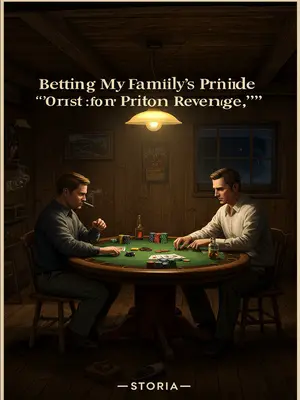Chapter 2: Prince of Penang
His parents beamed at his acceptance letter, the kind of news that gets passed around at dinner parties and emailed to every relative they knew. St. George’s was where old money learned polo and Latin, and Wharton was the golden ticket to the American elite.
Both schools? Total magnets for celebrity kids and politicians’ sons and daughters.
The hallways buzzed with the latest gossip—whose father was a senator, whose mother owned half of Shanghai. Or so they claimed. Who’d been spotted with a pop star at a London club. For Jonah, it was a crash course in networking as much as academics.
At school, they called him the Prince of Penang—said he was royalty back home.
The “Prince of Penang”—it sounded mysterious, maybe even dangerous. It was a nickname that stuck—equal parts joke and awe. Rumors swirled that he had a palace back home, a fleet of cars, and a retinue of servants. Jonah never denied it; he just smiled and let the stories grow.
He was always the guy everyone wanted to party with—inviting classmates to his place in Penang, hosting wild parties, organizing casino trips to Atlantic City.
If you were in Jonah’s circle? You never paid a cover. Never had an empty glass. He’d rent limos, book the penthouse suite, and make sure the champagne never ran dry. He made everyone feel like royalty, even if it was just for one night.
In November 2002, to celebrate his 20th birthday, Jonah Lee spent $40,000 to book Shampoo, Philadelphia’s most luxurious nightclub.
The invitation was a hot commodity—everyone wanted in. Shampoo was the kind of place where NBA players dropped by after games and DJs spun until 4 a.m. Jonah didn’t just book a VIP table; he took over the whole club.
He worked the phones, sent out hand-written invites, and even tracked down a few reluctant heirs at a campus coffee shop. By the night of the party, the guest list read like a who’s who of Wharton’s future power players.
There were lines down the block, velvet ropes snapping open for anyone who whispered “Jonah’s party.” Inside, the music thumped so loud you could feel it in your chest, and the lights danced off sequined dresses and polished shoes.
The bar was stocked with enough high-end champagne to last all night, and on the tables were beautiful women with alluring figures, their bodies adorned with expensive sushi in a controversial display straight out of New York nightlife.
It was a scene straight out of Page Six—a wild blend of decadence and spectacle. The sushi display raised eyebrows, but no one complained. The night was about excess, and nobody wanted to be the first to call it quits.
By 3 a.m., shoes were off, ties loosened, and the dance floor packed with a blur of laughter and spilled drinks. It was the kind of night you’d reminisce about for years, half-remembered and always exaggerated.
As the sun came up, cabs lined the curb and the last stragglers stumbled out, clutching party favors and stories to tell. For weeks, people would say, “Were you at Jonah’s party?” as if it were a badge of honor.
The name stuck. At every mixer and formal, people would nudge each other and say, “That’s the Asian Gatsby.” It was a title he wore with pride—and a little bit of irony. He played the part to the hilt, always with a wink.
He didn’t swagger in—he slunk, shoulders a little hunched, rehearsing his pitch. The owner, used to dealing with trust fund kids, raised an eyebrow as Jonah closed the door.
Turns out, charm and a good story could buy you time, even in Philly. Jonah walked out with a handshake and a promise to pay in three easy installments. The party was legendary, but the bill would haunt him for months.
Behind the designer labels and wild stories, Jonah was just another hustler trying to make it big. The prince act was a mask, and behind it was a kid who knew how to fake it till he made it.
In his junior year, like a lot of American college kids, Jonah Lee took a leave of absence.
He told his friends he needed a break, maybe to “find himself” or “see the world.” Most figured he’d backpack across Europe or volunteer in South America. But Jonah had bigger plans.
Instead of teaching in Africa or interning at a big company, he set his sights on the Middle East—he wanted to make powerful connections.













